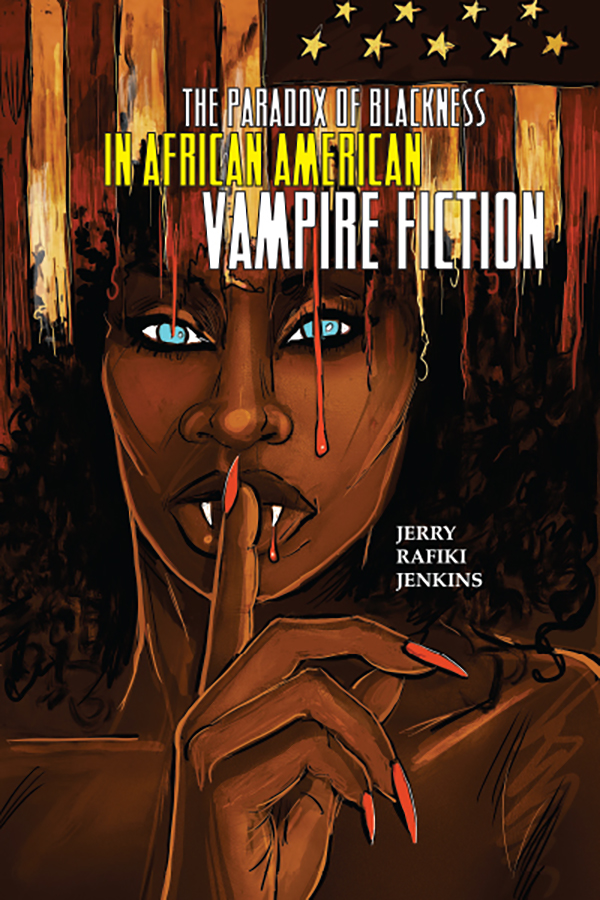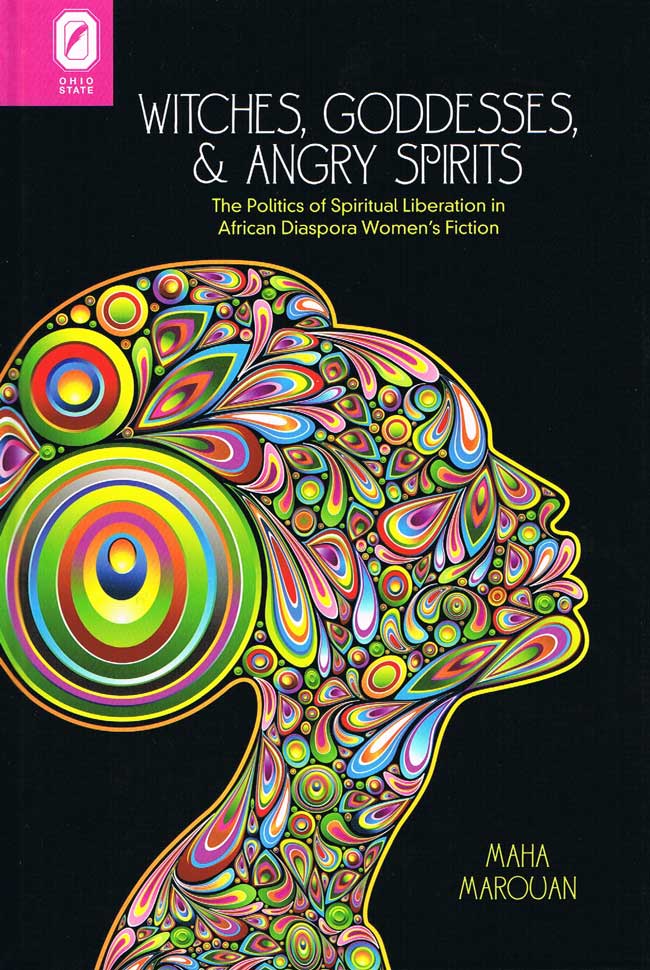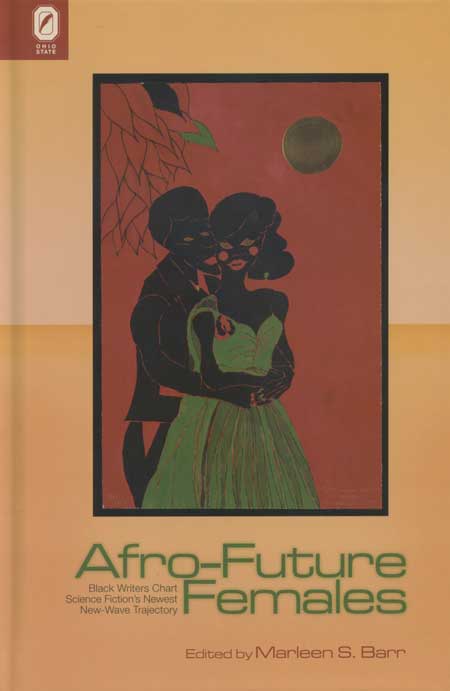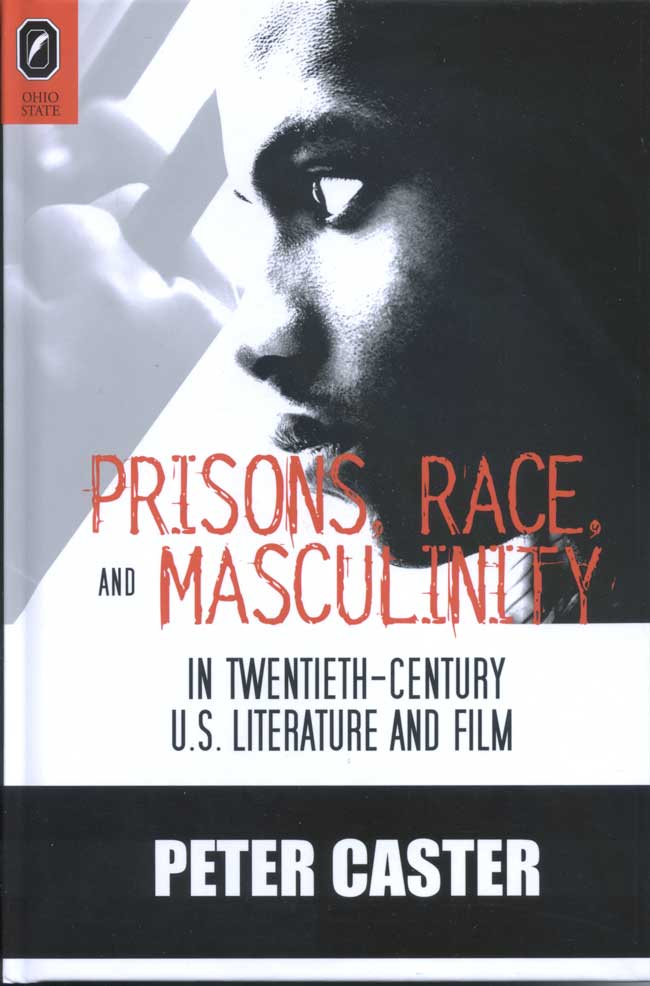“I found this book to be fascinating, provocative, and long overdue. Given the ubiquitous and long history of vampire myths and legends, the use of vampires as cultural metaphors in popular culture, and the popularity of African American horror novels, one is surprised that a study such as this has never been published. Perhaps we were just waiting for a scholar such as Jenkins to breathe new life into the undead.” —Frances Gateward
“The Paradox of Blackness in African American Vampire Fiction by Jerry Rafiki Jenkins asks its readers to reimagine the possibilities of the vampire trope and its relationship to racial and gender constructions. Jenkins’s examination of black vampires in African American speculative fiction is an attempt to redefine blackness in a twenty-first century America.” —Gregory Hampton
One of the first books to examine representations of black vampires exclusively, The Paradox of Blackness in African American Vampire Fiction not only refutes the tacit assumption that there is a lack of quality African American vampire fiction worthy of study or reading but also proposes that black vampires help to answer an important question: Is there more to being black than having a black body? As symbols of immortality, the black vampires in Jewelle Gomez’s The Gilda Stories,Tananarive Due’s My Soul to Keep, Brandon Massey’s Dark Corner, Octavia Butler’s Fledgling, and K. Murry Johnson’s Image of Emeralds and Chocolate help to identify not only the notions of blackness that should be kept alive or resurrected in the African American community for the twenty-first century but also the notions of blackness that should die or remain dead.

Jerry Rafiki Jenkins is Professor of English and Multicultural Studies at Palomar College.
Contents
Introduction The Vampire’s Blackness
Chapter 1 Blackness, Freedom, and the Staying-Alive Vampire in The Gilda Stories
Chapter 2 Antizealot Atheism and the All-American Bourgeois Negro in My Soul to Keep
Chapter 3 African American Manhood and the Masculine Africa Narrative in Dark Corner
Chapter 4 Human Blackness, Transhuman Blackness, and the Black Body in Fledgling
Chapter 5 Black Church Corporatism and the Black Gay Vampire in Image of Emeralds and Chocolate
Conclusion Post-Black, New Black, and the Immortality of Blackness
Works Cited
Index





